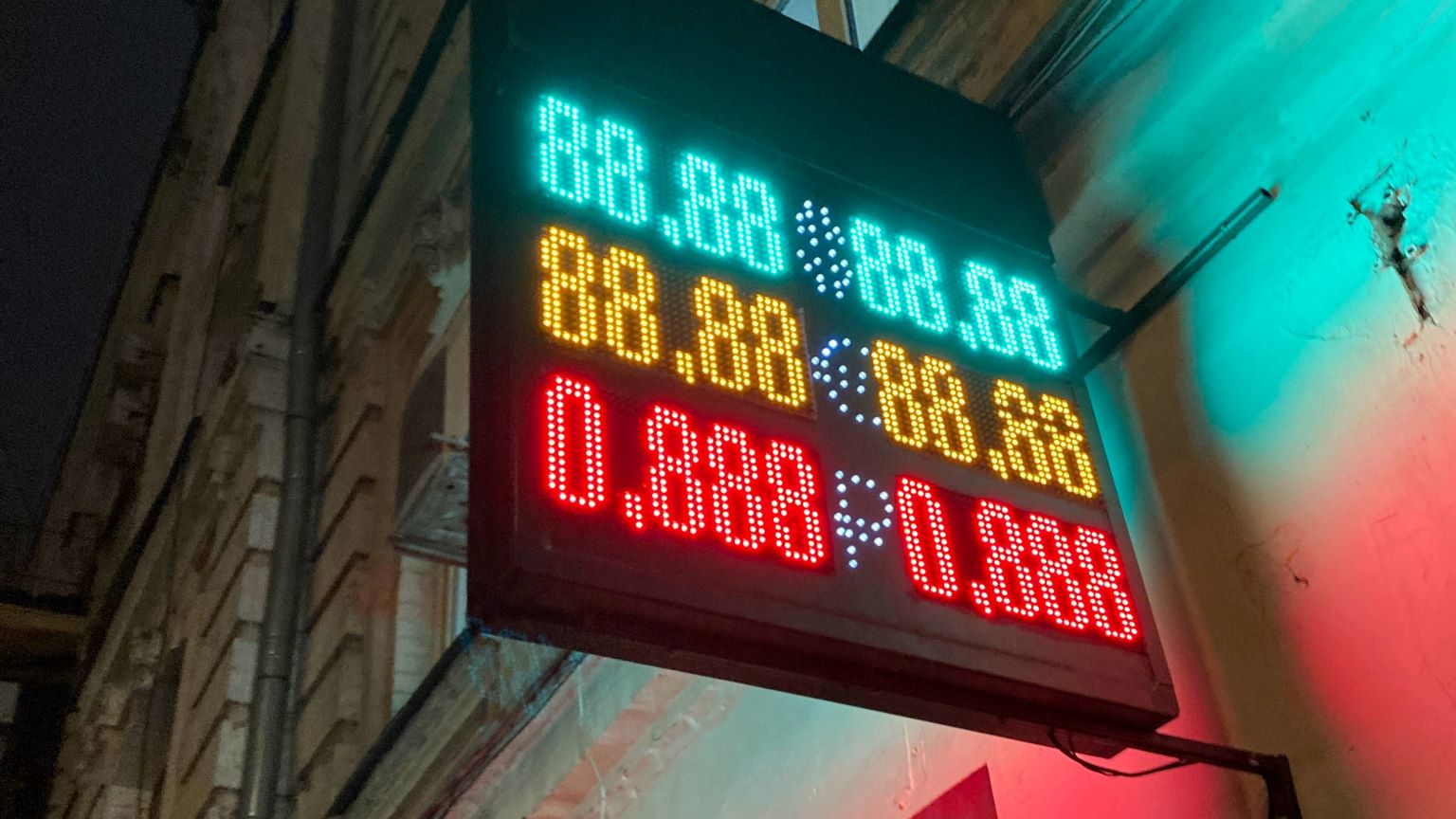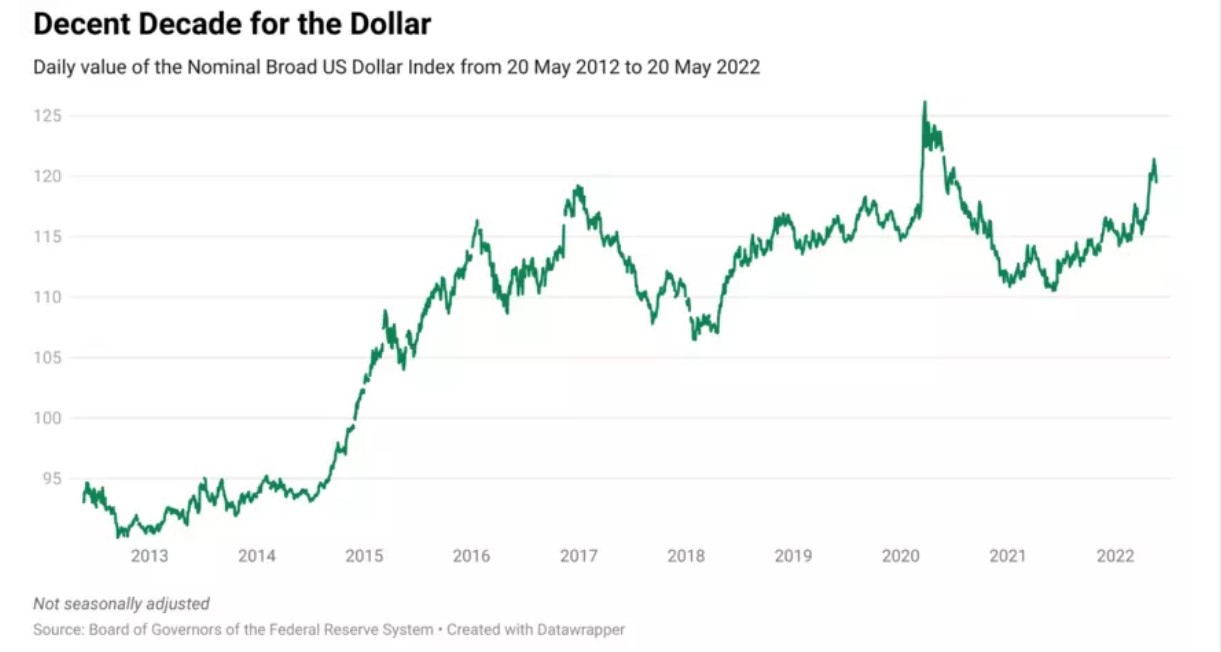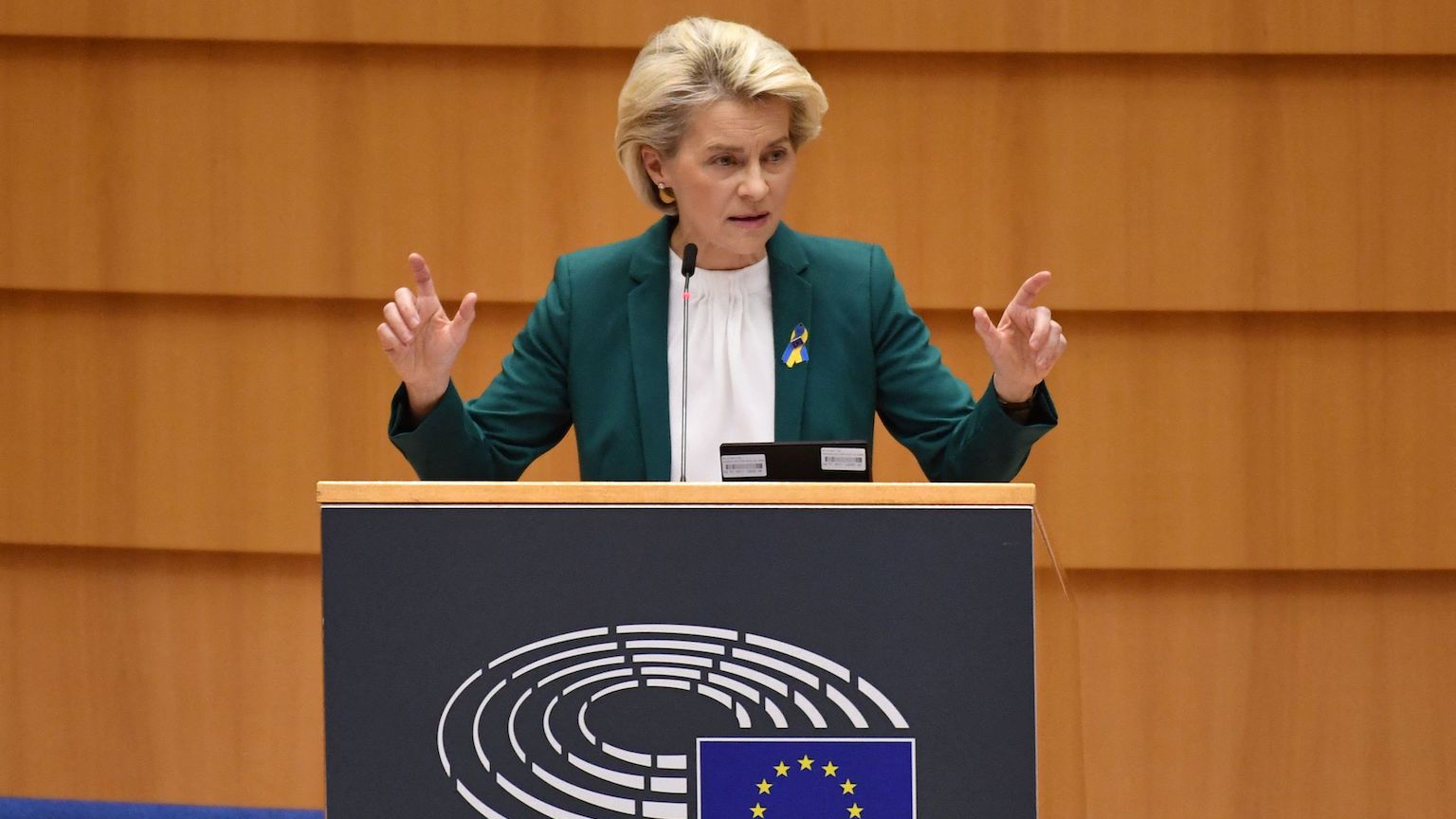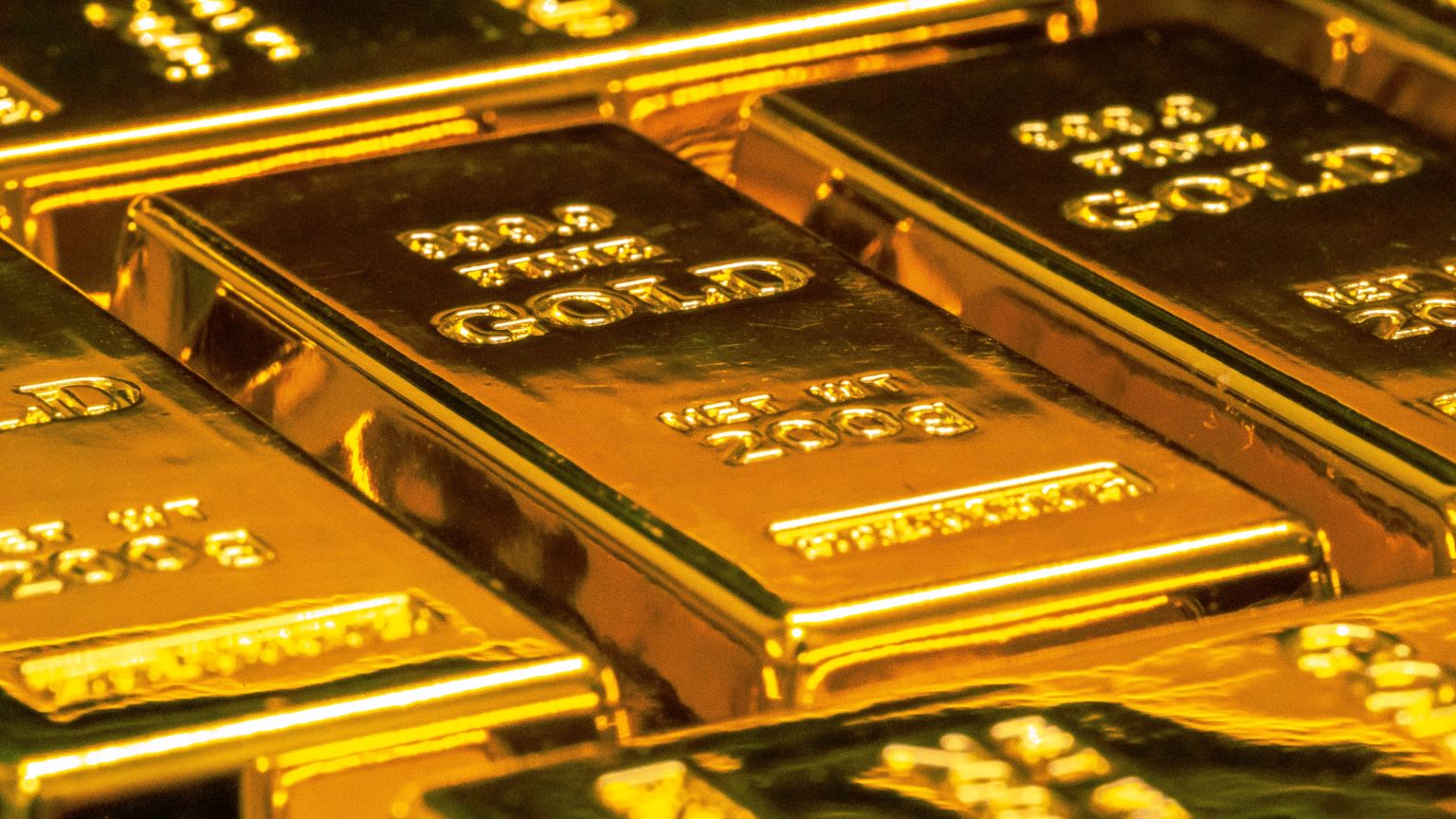This is why the US dollar is a potent sanctions weapon — for now

About a decade ago, Swiss banks did something unthinkable. One by one, they set aside secrecy previouslyupheld for centuries and handed sensitive information to a US government in search of tax cheats. A key reason for the turnabout: the dollar.
The currency provided a means to legally pursue even small Swiss financial institutions from across the Atlantic. It was not the first instance of the greenback being used to pull geopolitical levers. For at least the past 78 years, the global economy has more or less revolved around it.
Now, a major part of sanctioning Russia for its invasion of Ukraine involves obstructing its access to dollars. And some experts think this use of the currency to wear down a “rogue nation,” and the fracturing of global economy likely to result, may have a similarly taxing impact on the currency itself – hastening a process already underway.
Last year, the IMF noted that dollar reserves held by central banks had hit their lowest level in a quarter century, reflecting what some saw as the currency’s “declining role.”
In fact, one reason cited for Russia’s resilience to sanctions so far is an effort long underway to preemptively rid its economy of dollars. Fresh calls for China to reduce its reliance on the dollar system have only furthered speculation about the American currency’s status.
Projecting the end of dollar dominance is longstanding practice, however. The economist Paul Krugman recently noted that he’d published his first paper on the topic, and that was more than 40 years ago. Even as US soft power and credibility have waxed and waned, its currency seems to abide.

But if the dollar’s reign is truly now drawing to a close, what comes next?
The answer is unclear, because the perceived shortcomings of contenders like the yuan (China’s relatively tight control of its currency) and the euro (tied to too many disparate political entities, and too few assets for global investors) are apparent.
As with other aspects of geopolitical influence, there may simply be no single currency focal point in the future.
Goodbye gold, hello greenback
The rise of the dollar began with World War I, which left its primary combatants and other countries in need of dollar-denominated loans and American goods.
It helped that the dollar remained linked to gold even as other countries were forced off the gold standard, and that by the end of World War II the US owned most of the world’s gold. When the US itself abandoned the gold standard in 1971, it only solidified the dollar’s role as the “world’s currency.”
Sure, potential usurpers have surfaced. In the early part of this century the euro seemed poised for the top spot. Jay-Z even appeared to prefer euro notes to store his own considerable wealth in a 2007 video.
Not long after that video appeared, Europe’s sovereign debt crisis hit. That rattled confidence in euro-denominated debt issued by countries, and generally curtailed the “liquidity” – a measure of how easy it is to buy and sell something in an open market – of euro-linked assets.
Meanwhile the relatively vast US bond market continued providing liquidity for investors buying and selling dollar-linked assets.
The desire for a less-dollar-dependent system has spurred interest in reviving something like the “bancor” – a global currency unsuccessfully proposed by the economist John Maynard Keynes in the 1940s. Some believe it’s digital currencies that will provide more wiggle room around the dollar.
At times of heightened geopolitical tension it’s natural to ponder the implications of a reserve currency that can serve as a pressure point. “I’m mindful of that,” former US Congressman Eric Cantor said during the World Economic Forum’s recent Annual Meeting in Davos. “Because every time we use it, even our allies and our friends start to wonder, why is it that you can do this?”
Yet, with the bulk of global trade still being conducted in dollars, there’s a good deal of skepticism about prospects for the currency’s decline.
Earlier this week the former CEO of Twitter, a digital-currency advocate, seemed to selectively skip ahead in time by wondering when the dollar had lost global reserve currency status. His tweet was buried by others correcting it. “Dude, we need to talk,” one professor of political science replied.
Republished with permission of World Economic Forum. Read the original article.





